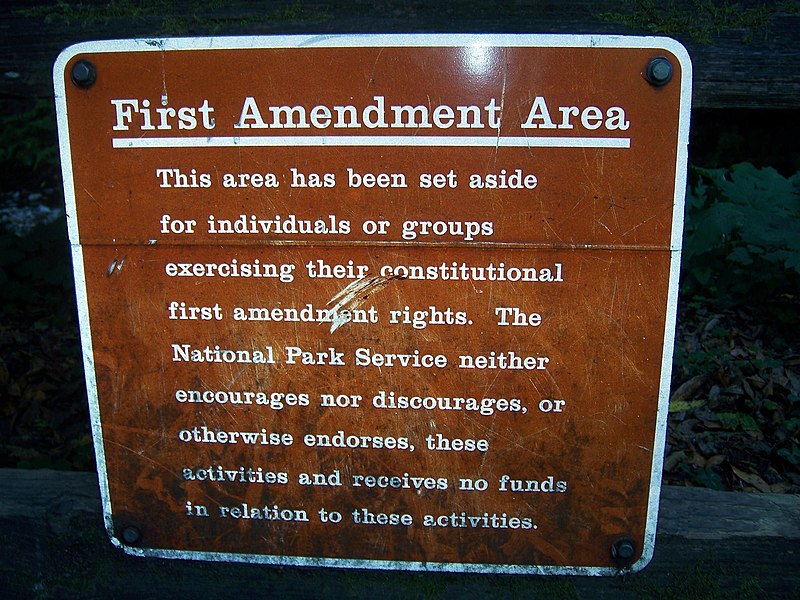Here's that version of my research statement:
My interests lie at the intersection of media studies and education. I'm fascinated by the promises inherent in the emergence of new valued participatory practices and cultures, and specifically on the potential of these to transform how we think about and approach teaching and learning. I'm also deeply obsessed with the Free/Open Source Software Movement, the movement toward open education, and what I've started to refer to as the social revolution: A deep, cultural shift in values and practices that enables us to rethink issues of social justice and the ethics of participation.
Ridiculous, right?
Here's the new version:
Research as activism: All educational research is social activism, and all educational researchers are social activists. There is no such thing as politically neutral educational research. All statements of research findings are statements of a belief system about the role of education, and all researchers must therefore conduct research that both aligns with and serves to articulate that belief system. Further, all researchers must make their belief system clear, to themselves, to the communities they work for, and to policymakers who make decisions about those communities. They must always ensure that their belief system aligns with the needs and interests of the communities they work for, and if there is a conflict then the community's interests always trump the belief system of its researchers. If the ethical conflict is irreconcilable, then the researcher must find another community to serve.Now we're cooking with gas!
The community I serve: I work in the service of working class learners, on whose backs our education system has been built. While ongoing efforts toward “educational equity” sprung from honest and honorable impulses, the dominant conversation about equity promotes ideals that too often fail to serve the needs of working class kids. It’s also premised on a lie: That anyone who works hard enough can escape even the most desperate of economic conditions. We might call this the “bootstrapping myth.” If it really was true that anyone who works hard enough (i.e., anyone who pulls herself up by her own bootstraps) can achieve academic and therefore economic success, then it would also be true that everyone could, in theory, achieve academic and economic success. But if this were true, we would no longer have a working class, would no longer have people to work in the service industry or take jobs in manual labor. Our economy cannot operate without a working class; if working class kids started matching the grades and test scores of the middle and upper class kids, we’d simply adjust accordingly.
I accept but do not embrace this reality, and I therefore want to work in the service of learning communities for whom mainstream markers of academic success are either unrealistic or inapplicable. I wonder: How can we make a college education a possibility for every student while also preparing every student for trajectories that may not include a college degree? How can we empower working class learners to confront the Great Lie of the bootstrapping myth, and how can we help them to make informed, meaningful, and satisfying decisions about their educations, their careers, and their lives? How can we educate working class kids in their own best interests?
My research focus: I agree wholeheartedly with the assertion by Schwartz & Arena (2009) that assessment is a normative endeavor. What we decide to assess, and the strategies we employ in order to assess it, become our belief systems about the nature of learning and about what is worth teaching. I’m interested in developing alternative assessment systems and frameworks that can make explicit an educational approach that empowers, values, and supports working class kids. Currently, my focus is on developing assessments that support learning gains on traditional educational benchmarks while also making it possible to make claims about students’ preparation for future learning contexts and about their proficiencies in areas not measured by traditional assessments.
I guess now that I've revised my research statement, all I need to do is wait for a Reputable Research Institution to call me for advice and pay me for my thoughts. I'll just be over here waiting for my phone to ring.













